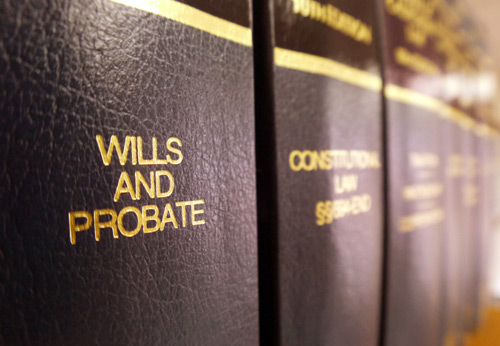North Carolina Court of Appeals
Since before the establishment of the United States, governments have taken the land of private citizens. The issue was so fundamental to the founders of this country they wrote it into the Fifth Amendment of the Constitution which states, in part, “nor shall private property be taken for public use, without just compensation.” The issue…
Read MoreA recent decision by the North Carolina Court of Appeals reinforced the distinction between claims over which the trial divisions have original jurisdiction and claims which are properly brought before the Clerk of Court.[1] In Morgan-McCoart v. Matchette, an elderly woman, Ms. Simpson, created…
Read MoreIn October the North Carolina Court of Appeals issued an unpublished opinion addressing the circumstances under which it is appropriate to grant a motion to dismiss in the context of a will caveat.[1] A caveat is a legal challenge to the probate of a will when there is confusion or…
Read MoreThe Eastern District of North Carolina recently decided a case affirming that, while North Carolina courts have not yet adopted the doctrine of inevitable disclosure, North Carolina would adopt the doctrine under certain circumstances.[1] Spirax Sarco, Inc., (“Spirax”), alleged a claim for, among other things, injunctive relief under the…
Read MoreEarlier in September the North Carolina Court of Appeals highlighted the procedural difference between challenging the validity of a will through a caveat proceeding and resolving questions as to the construction of a will through an action for declaratory judgment.[1] …
Read MoreIn 1960 Charles Pickelsimer (“Charles”) inherited significant stock holdings in a family telecommunications company.[1] Over the next 45 years, Charles gave his children and grandchildren stock certificates as gifts. When he sold the company in 2008 for $65 million, Charles and his children received significant cash distributions. In 2009, Charles…
Read MoreOn August 4, 2015, the North Carolina Court of Appeals issued a ruling clarifying that when a grantor seeks to create a statutory payable on death (“POD”) account, but fails to satisfy the statutory provisions, he/she can still rely on the existence of a common law tentative…
Read More- « Previous
- 1
- 2
- 3
- Next »









